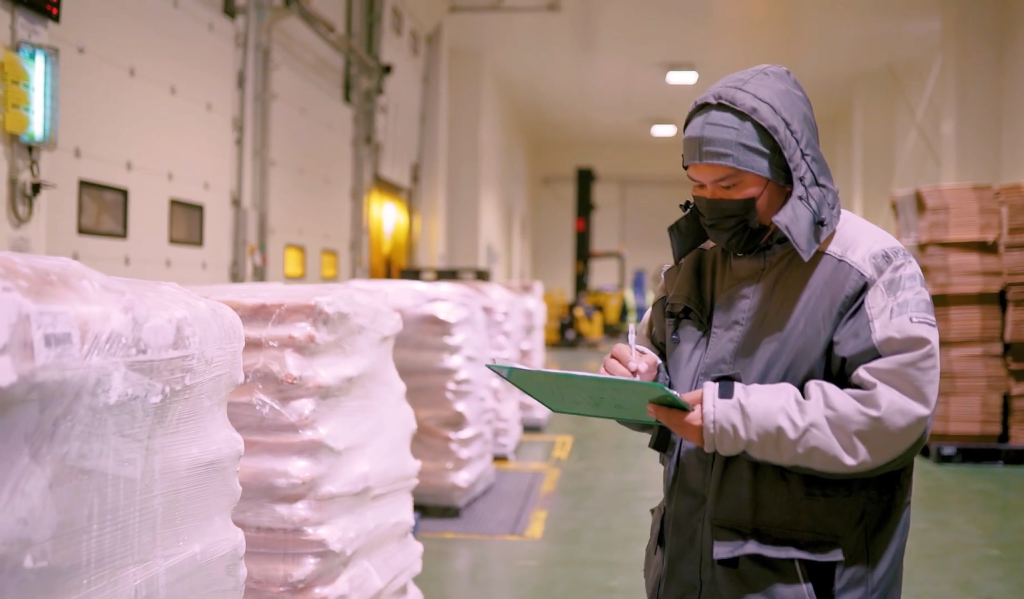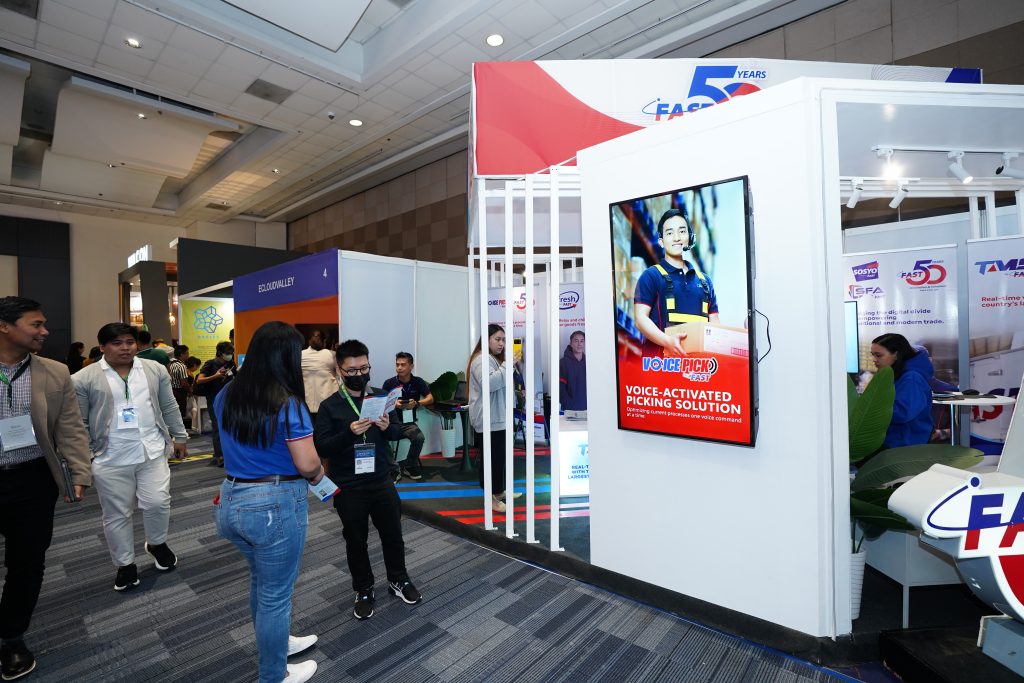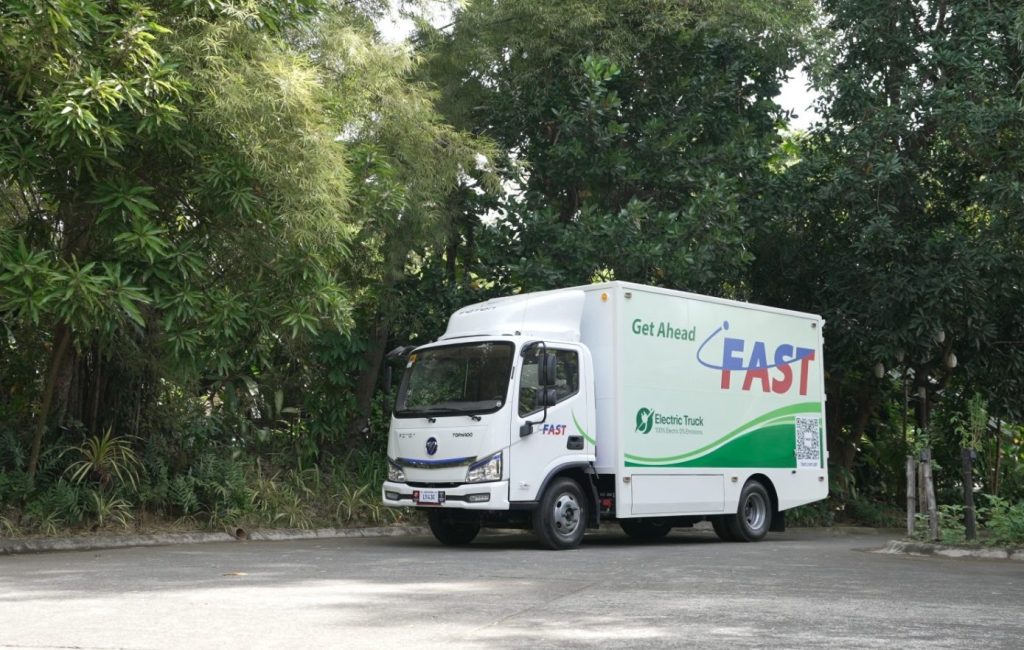
FAST Logistics Group, the leading end-to-end logistics and distribution company in the Philippines, explores sustainable business practices that organizations can adopt to make their operations more eco-friendly.
Consumers are increasingly aware of their environmental impact and are actively working to reduce their carbon footprint. This heightened consciousness influences their purchasing decisions, with many now preferring to support businesses that practice sustainability. A 2020 McKinsey survey found that over 60% of consumers actively prioritize sustainable products and services.
This trend underscores the need for large and small businesses to adopt eco-friendly practices to meet consumer expectations and thrive in the market. Embracing sustainability involves a comprehensive approach, including evaluating supply chain practices, reducing waste, lowering carbon emissions, and implementing green initiatives. Achieving this requires commitment, innovation, and collaboration at all organizational levels, focusing on long-term gains rather than short-term profits.
Sustainability Initiatives for Philippine Businesses
Sustainability initiatives are measures that businesses take to reduce the environmental impact of their operations. These can range from small changes in daily operations to larger, company-wide initiatives. In doing so, they cultivate goodwill among customers, employees, investors, and other stakeholders, thereby promoting economic growth and long-term viability.
An increasing number of businesses in the Philippines are integrating sustainability principles into their operations. Publicly listed companies with a public float of at least 50 percent are now required to submit Environmental, Social, and Governance (ESG) reports in compliance with Securities and Exchange Commission guidelines. Although ESG reports are not mandatory for medium and large companies, they are strongly encouraged to adopt environmental sustainability guidelines to contribute positively to society and support local communities.
FAST Logistics Group is a reliable end-to-end logistics and distribution partner for multinational companies, Filipino conglomerates, and small and medium enterprises. With a presence in 94% of Philippine provinces, FAST guarantees timely and efficient delivery of your products, wherever and whenever needed.
In their ESG reports, companies should elaborate on materiality by concentrating on areas pertinent to their core business and operations. They must also offer verified and credible references for the data points included in the reports, as well as consistent methodologies and frameworks in their sustainability reporting. Companies are also expected to publish their annual sustainability reports and make them accessible to the public.
Going green offers significant advantages to companies. For one, it enhances operational efficiency by optimizing resource use and minimizing waste, which can lead to greater productivity and reduced overhead costs. Eco-friendly practices also boost customer loyalty and company reputation, aiding in the retention of younger talent dedicated to corporate and social responsibility.
In addition, sustainability appeals to stakeholders and investors who value ethical business practices. A recent report by the Global Sustainable Investment Review revealed that sustainable investments have grown by 20 percent since 2020 in markets outside the US, with about $30.3 trillion invested globally.
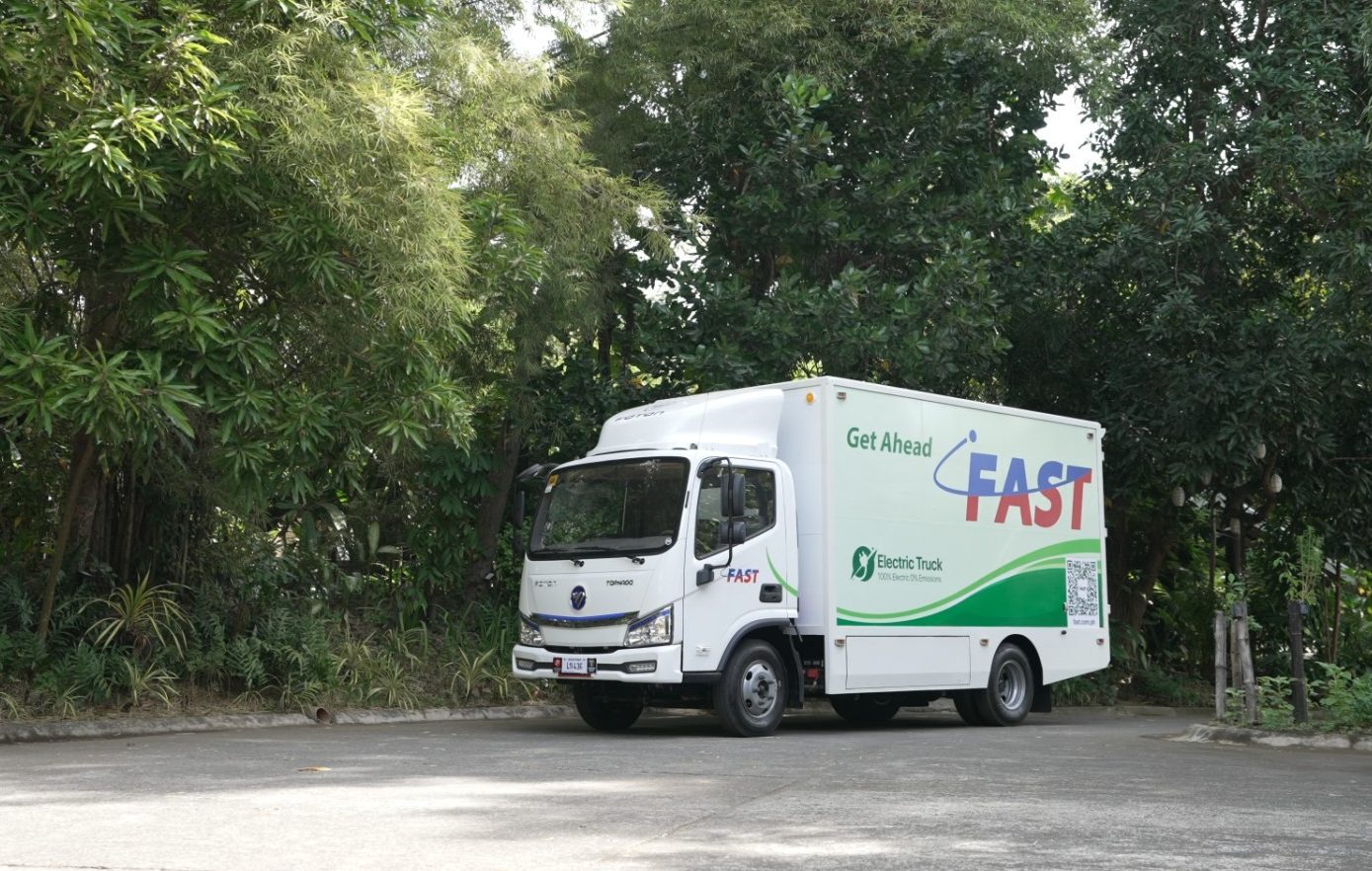
What Can Businesses Do to Help the Environment
Regardless of size or industry focus, businesses in the Philippines can integrate sustainable practices and become more environmentally conscious in their operations. By embracing eco-friendly initiatives through innovative business strategies and collaboration with stakeholders, they can pave the way for a greener, more sustainable future. Here are some methods to achieve this.
Integrate Sustainability into Your Business Objectives
Making sustainability a core business objective demonstrates a strong commitment to corporate social responsibility, significantly enhancing a company’s reputation and brand value. This can involve setting measurable goals to reduce carbon footprints, minimize waste, and utilize renewable energy sources. Organizations can also make their product designs more eco-friendly.
Regularly reviewing these goals ensures continuous improvement and accountability, as well being fostering a culture of transparency and innovation. By prioritizing sustainability, businesses not only contribute positively to the planet but also position themselves as leaders in a competitive market.
FAST Logistics Group has introduced the Philippines’ first fully electric trucks for product and goods transportation, a significant step towards sustainability. These trucks run solely on electricity, and can travel up to 280 kilometers with just one to three hours of charging. FAST EVs are equipped with advanced technology, such as GPS and AI-powered dashcams, providing real-time updates on vehicle location, driver behavior, and cargo condition. With a projected service life of five to eight years, these electric trucks represent a sustainable investment in logistics.
Encourage Environmental Learning Among Employees
Fostering a culture of environmental awareness within your organization starts with education. Conduct workshops, training sessions, and informational campaigns to keep employees informed about the latest sustainability practices and encourage them to participate in eco-friendly initiatives both at work and at home.
Companies may also consider incentivizing green policies and practices by recognizing and rewarding employees who actively demonstrate environmental responsibility and contribute to sustainability efforts. Business leaders can further motivate their teams to effect lasting positive change in a supportive atmosphere and leading by example.
Promote Recycling and Conservation Efforts
Simple changes can make a big difference. Organizations can encourage the use of reusable items such as tumblers, water bottles, and lunch containers to reduce plastic usage within the office. They can also implement comprehensive recycling programs, including separate bins for paper, plastics, and metals, and ensure that employees are educated on proper recycling practices and its importance.
Moreover, businesses can promote conservation efforts by using energy-efficient appliances and encouraging double-sided printing to minimize paper usage. With these steps, they help promote the efficient use of resources, reduce greenhouse gas emissions, and create a more sustainable workplace environment.
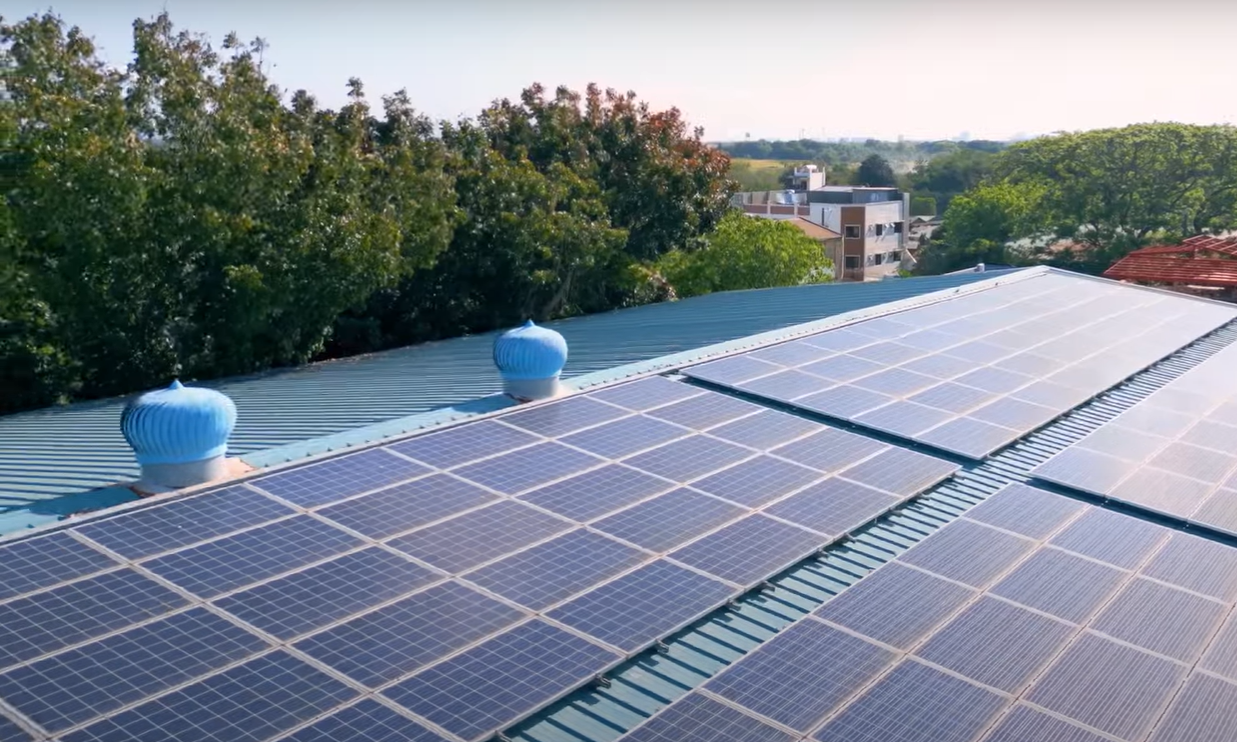
Improve Energy Efficiency
Companies should evaluate their energy consumption to determine ways to lower their power usage. Switching to renewable energy sources and investing in energy-efficient technologies are also some of the powerful ways to reduce carbon footprint. Businesses can also consider using solar panels to harness the power of the sun, which can dramatically lower electricity bills.
Opting for light-emitting diode (LED) products is a smart choice, as they are up to 90% more efficient and have a longer lifespan compared to incandescent bulbs. Additionally, upgrading to energy-efficient Heating, Ventilation, and Air Conditioning (HVAC) systems can enhance workplace comfort while reducing energy consumption. These measures not only benefit the environment but also lead to substantial savings and elevate your company’s sustainability profile, making it more appealing to eco-conscious customers and partners.
FAST leverages renewable energy sources for its major warehouses in Luzon. This move shift not only reduces CO2 emissions but also offers long-term financial savings by relying on alternative energy.
Adopt Work-from-Home Schemes
The COVID-19 pandemic has shown that remote work can significantly reduce the environmental impact of daily commuting. By eliminating the need for employees to travel to and from the office, there is a notable decrease in traffic congestion and a reduction in greenhouse gas emissions.
Businesses can lower their carbon emissions and decrease energy consumption in office buildings if they adopt flexible work-from-home policies or hybrid setups. Remote work also leads to improved work-life balance for employees, which can increase productivity and job satisfaction.
Get Your Supply Chain Partners on Board
A sustainable supply chain is key to overall business sustainability. By working closely with suppliers who prioritize eco-friendly practices, businesses can ensure that their impact on the environment is minimized. Encourage these partners to adopt sustainable measures such as reducing waste, using renewable energy, and sourcing materials responsibly.
Partnering with like-minded partners and suppliers also strengthens an organization’s commitment to sustainability. Implementing regular assessments and providing support can help maintain these sustainable practices over time.
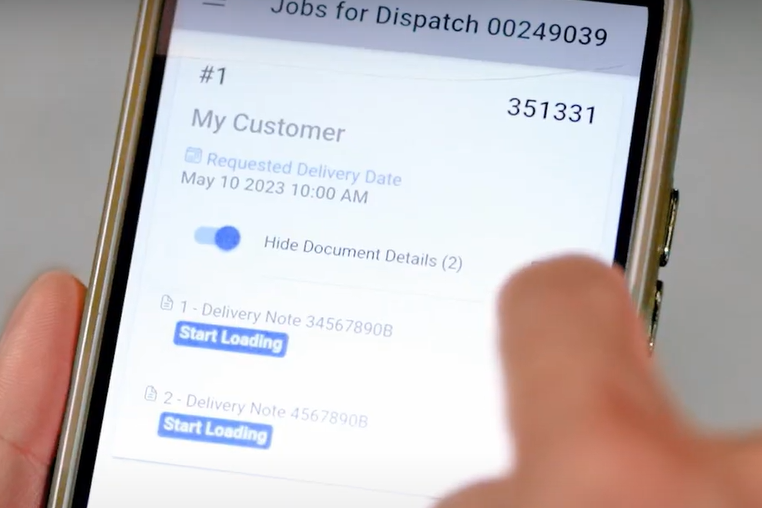
Leverage Data for Operational Efficiency
Data analytics can be a powerful tool in identifying areas where your business can improve its sustainability efforts. By analyzing various data points, organizations can pinpoint inefficiencies and opportunities for better resource management. Use data to optimize resource utilization, track your progress over time, and implement effective business sustainability initiatives that align with your company’s goals.
Data-driven insights ensure that sustainability programs are impactful and measurable. This approach enables organizations to adapt and refine sustainable business practices, ultimately leading to rapid growth in a more sustainable workplace environment.
FAST has developed a Transport Management System, a sophisticated software suite designed to streamline and optimize transportation operations. This advanced system empowers supply chain managers with real-time delivery updates, enhancing route efficiency and truck load utilization. By making every delivery trip more efficient, TMS helps companies in reducing their carbon footprint.
Offer Products for Eco-Conscious Consumers
Businesses can cater to the growing market of eco-conscious consumers by offering sustainable products. This could involve using eco-friendly and sustainable materials such as recycled plastics or organic cotton, and ensuring ethical sourcing by partnering with suppliers who follow fair trade practices. Companies can also provide transparent information about the environmental impact of their products, including carbon footprint and lifecycle assessments.
Adopting sustainable packaging solutions and motivating consumers to recycle or reuse products can appeal to environmentally conscious customers and elevate your brand’s reputation. This approach also showcases a sincere dedication to environmental responsibility.
Partner with Companies Promoting Sustainability Initiatives
By forming partnerships with other businesses and organizations that champion sustainability, strengths and resources can be leveraged to achieve greater success. Collaboration on joint initiatives such as community clean-up programs, sustainable economic development, environmental stewardship, product development, and educational workshops also yield significant benefits for the planet.
Furthermore, companies can share best practices, innovative solutions, and lessons learned to continuously improve their sustainability initiatives. This also fosters mutual encouragement and accountability, creating a collaborative environment where everyone strives for a greener future.
Embracing Sustainable Business Practices
By prioritizing eco-friendly practices, Philippine businesses can play a pivotal and vital role in safeguarding the environment while achieving operational excellence. By taking a proactive approach to sustainability and environmental conservation, companies not only contribute to the world and greater good but also position themselves as responsible and forward-thinking industry leaders.
Advancing sustainable logistics demands a blend of innovation and adaptability. Over the years, FAST has exemplified its forward-thinking and tech-savvy approach to making its supply chain management more eco-friendly. By integrating fully electric vehicles into its delivery fleet, leveraging technology for route optimization, and transitioning to solar energy, FAST consistently seeks out and implements the latest green technologies. This steadfast commitment to sustainability not only minimizes their environmental footprint but also sets a benchmark for the entire logistics industry in the Philippines to follow.
As businesses adopt sustainable practices, companies can collectively forge a more environmentally responsible and economically viable future for future generations. With FAST’s industry leadership, extensive capabilities, innovative logistics solutions, and steadfast commitment to customer success, it continues to be the leading end-to-end logistics provider for Philippine businesses.
To learn more about our sustainability efforts and topnotch solutions, connect with our Solutions Expert or visit http://linktr.ee/fastlogisticsph
Categories
-
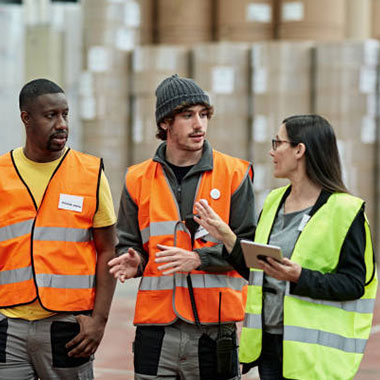
FAST Ahead
Includes case studies and testimonials of our partners as well as other featurettes from industry experts
-

FAST Hacks
We simplify logistics terms and provide practical tips and solutions for the DIY in you
-

FAST Highlights
Know more about our history, various brands, achievements, and news updates
-

FAST Moments
Get to know the people of FAST, our employee programs, as well as our various ways of giving back to the community
-
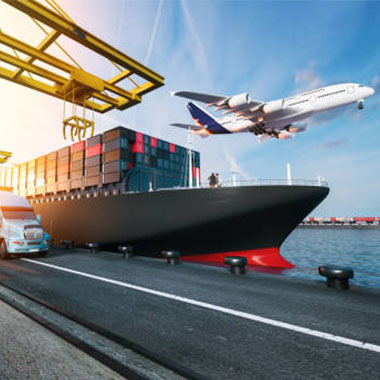
FAST Solutions
Learn more about the various logistics solutions that we cater to and offer our clients, as well as tech innovations, and service facilities
